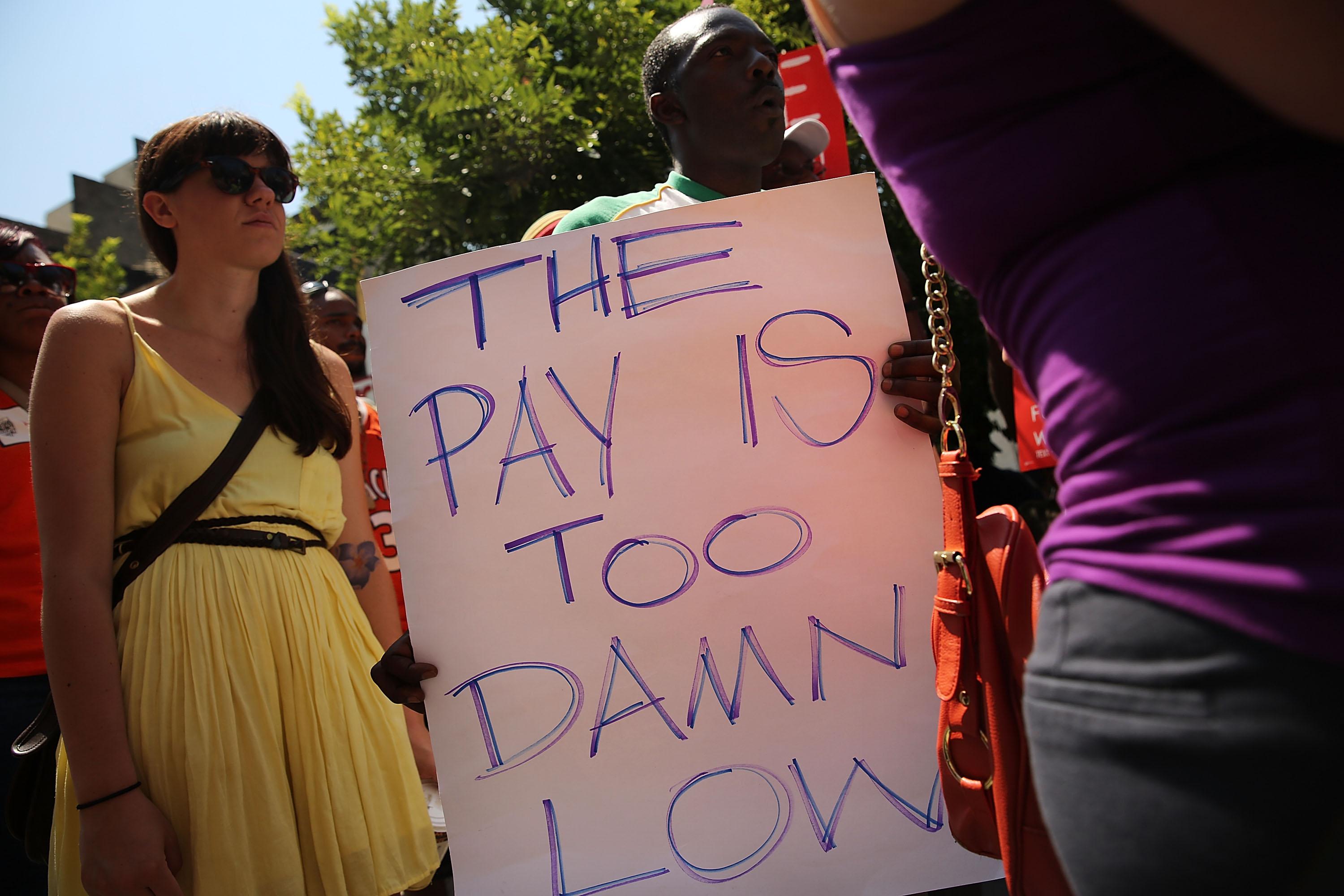Henry Blodget says he hates labor unions, but unless companies start raising wages we’re going to need them.
I would put this another way. If you turn back 30 or 40 years, the policy rationale for crushing labor union influence went something like this: In the short-term crushing private sector labor unions is going to lead to a surge in corporate profits, but profits are the fuel of investment and long-term economic growth. Companies with high profits have the capital necessary to invest. And the existence of large profit margins means there are profit opportunities to be exploited with new investment. It makes perfect sense. But it hasn’t happened, and profits have soared far in excess of investment.
You can look at this in different ways, but here’s corporate profits after tax minus net private investment:
Which is to say that several decades into this experiment, we’re seeing much more of the “profits surge” than the “surging profits lead to an investment boom” dynamic. One explanation for this that’s growing in popularity on the right is that the rise of more capital-friendly politics in the mid-1970s coincidentally occurred at the exact same time as a structural slowdown in the rate of technological progress, so while it seems like anti-labor politics has failed to deliver the goods, it’s really all just a stroke of bad luck.
And maybe that’s right—just because an unfalifiable proposition seems conveniently conducive to the interests of very rich people doesn’t mean it’s false. But it sure seems false to me.
Now of course the policy world isn’t binary. Just because something has failed doesn’t mean the only way to fix things is to simply reverse the thing that failed. Possibly, the right remedy to this is to change labor law. Possibly, the right remedy is to change corporate governance. Possibly, the right remedy is to engineer a public sector investment boom. Maybe some of the sources of these profits need to be attacked directly. Maybe it’s all of them. But however you slice it, the striking issue isn’t simply the structural growth of profits in a low wage environment, it’s that the business-friendly environment isn’t bringing us the investment utopia we were promised.
